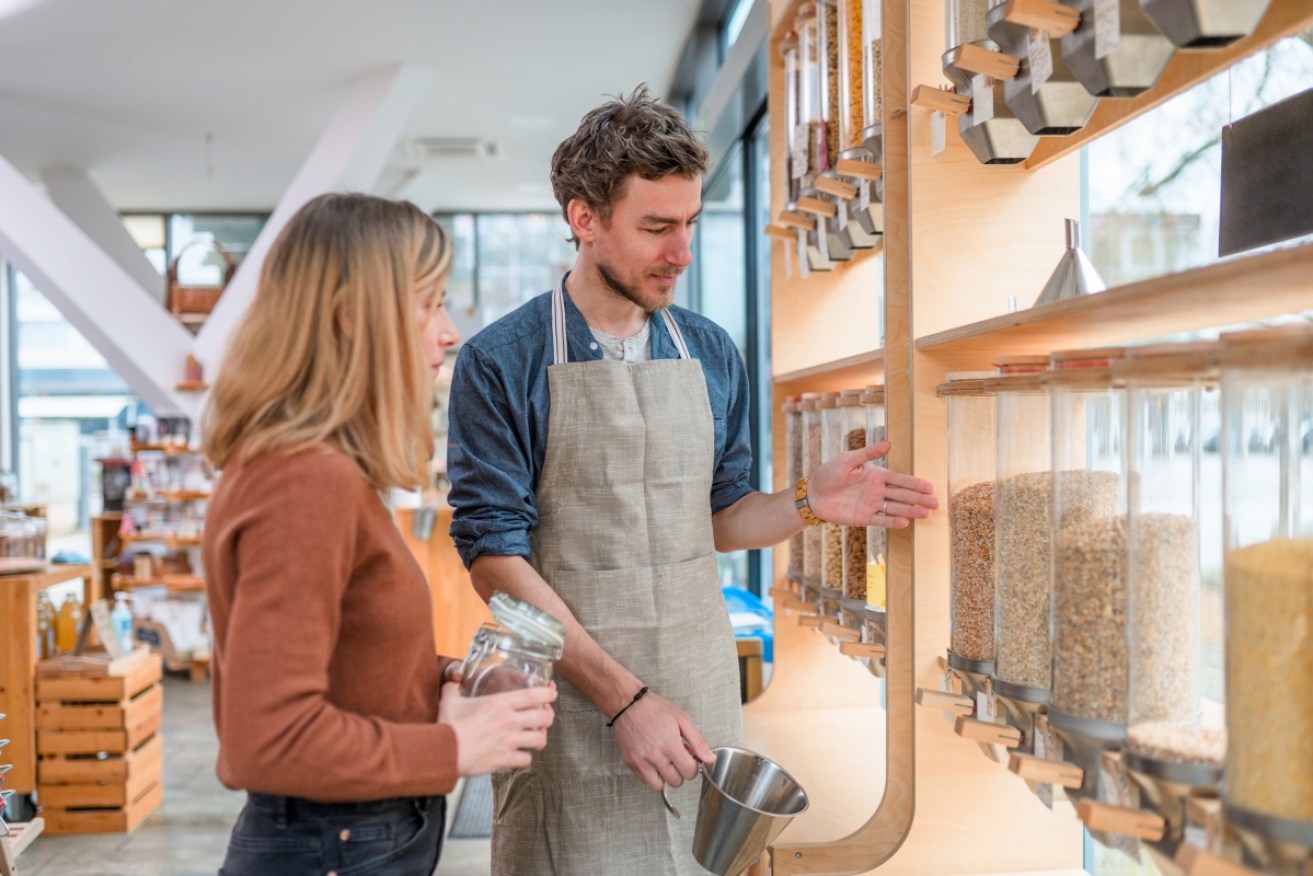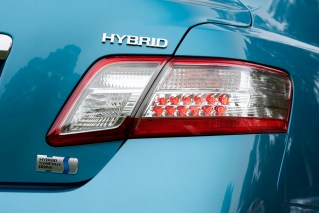Australians turned off by the cost of going green


Making eco-friendly choices can put extra strain on your bank account. Photo: Getty
After years of suffering the consequences of climate change through extreme weather events, it is no surprise Aussies are keen to lead more sustainable lives.
But many feel they can’t afford to make the necessary changes.
New research from felix mobile shows 40 per cent of Australians aren’t going green because they think it is financially out of reach.
Although 83 per cent of Australians said it is important to choose eco-friendly products when shopping for goods and services, 88 per cent believed it is more expensive to purchase sustainable items.
The findings are in line with previous research.
A 2023 Consumer Policy Research Centre (CPRC) and GlobeScan report found 87 per cent of consumers felt affected by cost-of-living increases and that the main barrier for not taking more action to protect the environment was cost.
Finder personal finance expert Angus Kidman told The New Daily the cheapest product in any category was unlikely to be the most sustainable one.
Sometimes that’s because the most sustainable options are offered by smaller brands that don’t have the financial power of more established companies.
From raw materials to shipping, almost all steps of producing eco-friendly products cost more than traditional products.
However, the major brands that could afford to accept that extra cost burden and offer cheaper sustainable products often sell the most expensive ones, Kidman said.
Cost putting pressure on eco-friendly efforts
With inflationary pressures increasing over recent years, Finder research shows the percentage of consumers looking for green alternatives has been steadily dropping.
“[Finder’s 2023 Green Report found] 44 per cent of people said they were actively looking for greener products,” Kidman said.
“That was down from 46 per cent the year before, and 48 per cent the year before that … but that’s still nearly half the country looking for those.”
Kidman said there are some affordable sustainable options available, but Australians will have to put in the time to research and compare the options to find the best fit.
CPRC CEO Erin Turner said even if it is more expensive, sustainability is part of the value proposition for any product.
“You’re asking questions about, say, ‘How long will this last? Can I repair it when it breaks? Will it do all the things it’s promising to do? If it’s carbon neutral, is it really delivering on that promise?’,” she said.
“So sustainability is often something people are considering when they’re considering if they’re getting their money’s worth.
“The big challenge that consumers face is that there are too many options and they’re difficult to understand.”
Consumers should fact check claims
Turner said too many companies are making “high-level vague claims”, such as saying their products are ‘eco’ or ‘green’ without providing further details.
Companies can also falsely imply they are sustainable by using green or soft brown colouring on packages, along with nature-themed imagery.
Again, it falls on Australian consumers to research the validity of companies’ claims for themselves.
“Genuinely green companies have the detail,” Turner said.
“They have a certification, or they have a report on their website, or they just are clear in telling you why something is green or sustainable.”
But not all certifications can be trusted.
She said there are too many certifications being slapped on products and services to easily determine which companies have met independent monitoring, measuring and accountability standards, and which “put a tick in a circle” and slapped it on their packaging.
“We do need to bring in rules and requirements for how trust marks work,” Turner said.
“There should be fewer of them, and they should be really easy to understand.”








